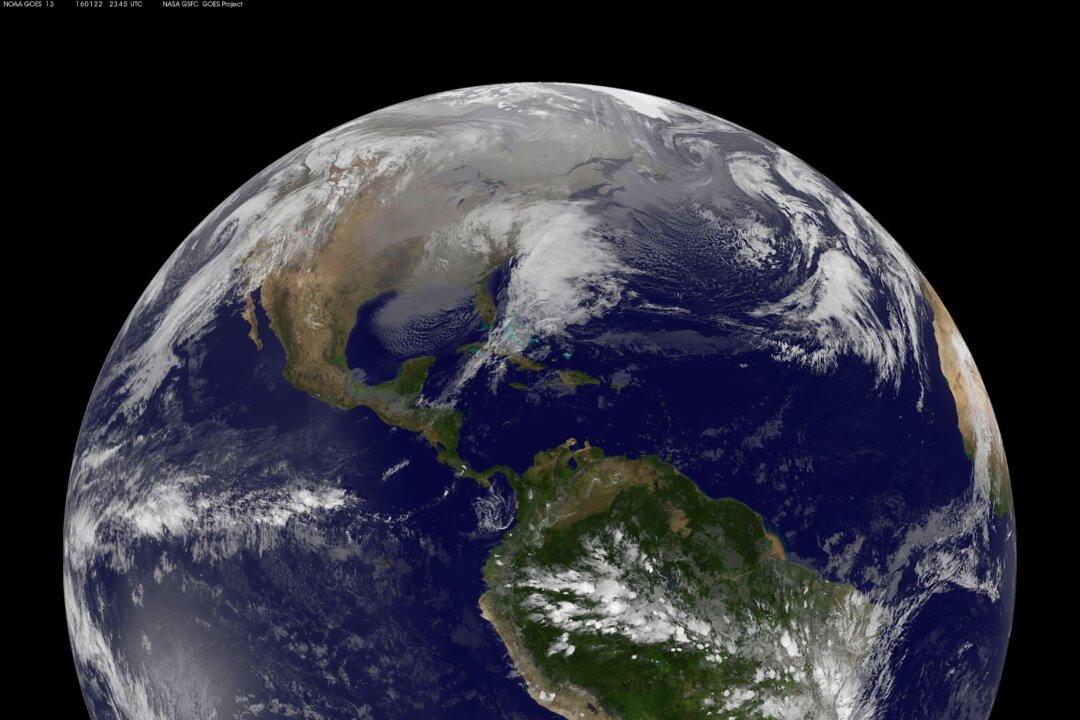Commentary
China claims it aims to reduce CO2 emissions when in fact it aims for the opposite. China’s duplicity hurts almost everyone, but it does have one welcome effect—it greens the planet.

China claims it aims to reduce CO2 emissions when in fact it aims for the opposite. China’s duplicity hurts almost everyone, but it does have one welcome effect—it greens the planet.